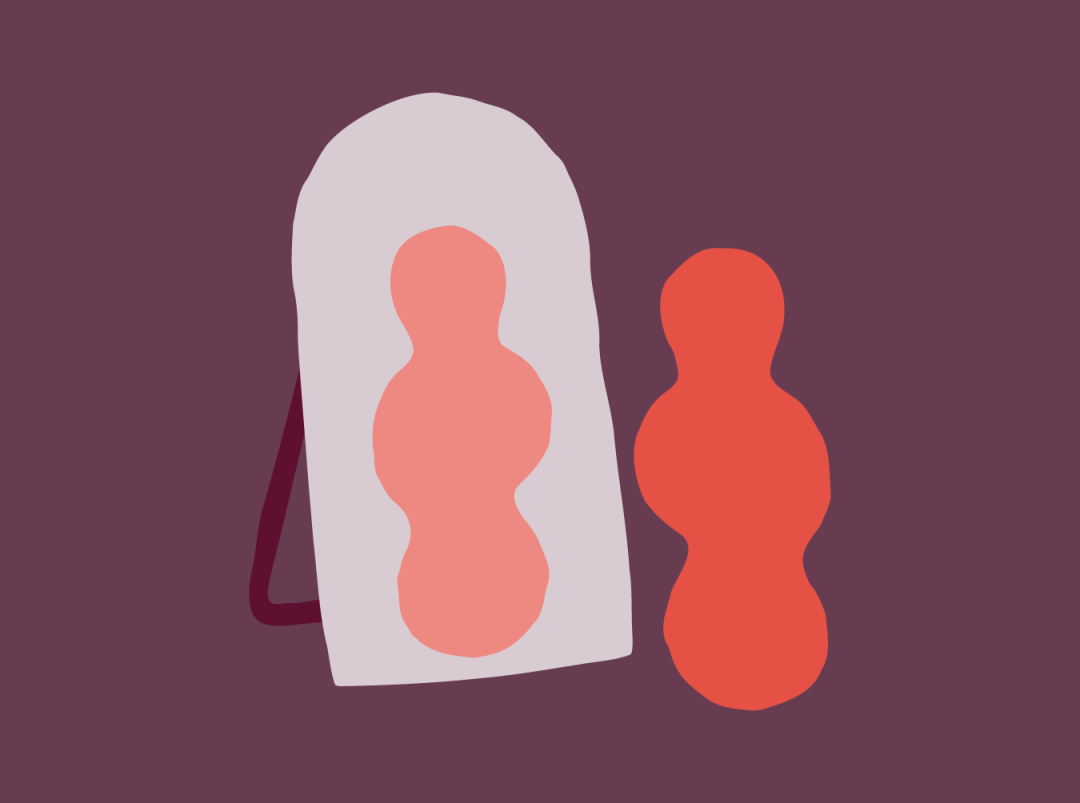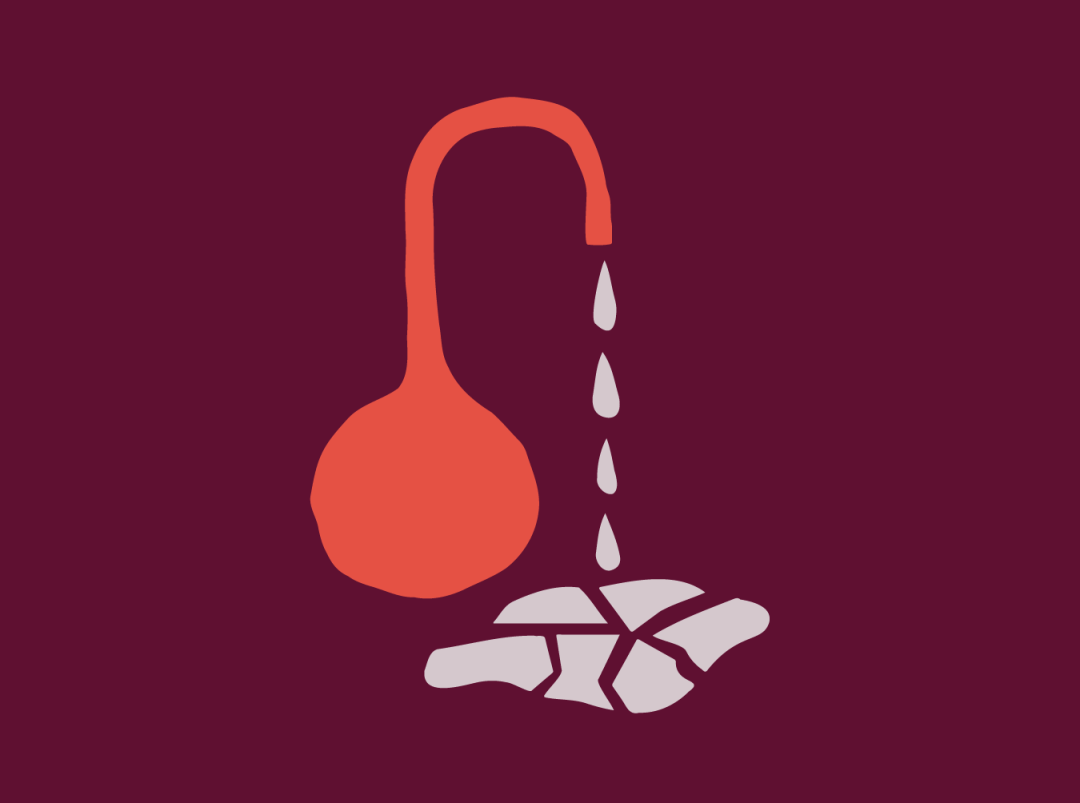#explainer
5 Important Questions To Ask Your OB/GYN
health
·5 min read

by Team Thinx | 07/21/2020
Have you ever showed up to a doctor’s appointment and felt the nerve-wracking feeling of attending an exam you didn’t study for? Except the subject matter is your body, and ugh, why can’t I remember when my last period was?
You’re not alone — a gynecologist appointment especially is a physically intimate experience to begin with, and it can be tough to also verbally communicate a ton of personal and relevant info at the same time. It’s also probably safe to say that some of us aren’t at our most chatty when our legs are in stirrups. It can definitely help to come with a script (or a note on your phone) prepared.
So, in the interest of maximizing your time at the doctor (because we know it’s expensive, and doesn’t happen as regularly as it should) we asked OB/GYN, Dr. Angela, about what you should be asking your gyno next time you see them.
1. What is your specialty, how long have you been practicing, and are you Board Certified? (Fine, that’s 3.)
It can be tempting to choose a doctor like you choose a takeout place — proximity to your apartment/office, a reasonable amount of positive Yelp/ZocDoc reviews, and #DoYouTakeMyInsurance. (Okay, not so much the last one.)
But Dr. Angela suggests you be a little more discerning about who is getting in your business. She recommends that your OB/GYN is up on “the latest and greatest with regards to guidelines, standard of care practices, and recommendations. There is nothing worse than someone practicing ‘dated’ medicine.”
“Call me old school, but there is something to be said about experience... PRICELESS!” she adds.
Also, whether they are an obstetrician *and* a gyno could be relevant depending on where you’re at in your ~life cycle~. “If you plan on having children, you do not want to have to switch OB/GYNs because yours no longer delivers babies. Talk about a pain and real hassle.”
2. What is your range of patients and services?
Another “getting to know you” question for folks seeing a new gynecologist, Dr. Angela explains that this is a good way to get a sense of your OB/GYN’s practice. “Do they serve the elderly? Young? LGBTQ folks? Patient diversity will give you some clues as to your physician’s level of acceptance to certain societal norms, as well as their knowledge base in dealing with certain issues that affect specific populations.” You don’t want to find out your doctor is judgmental of your sexual history or won’t give you the birth control options you may need. (Unfortunately, it happens!)
Dr. Angela also suggests asking your doctor what their broader interests are. ”It’s important for you to vibe with your OB/GYN as you are trusting them with some pretty personal/pertinent details of your life! You need to ensure that this is someone who you trust, feel comfortable with, can confide in.
“You are doing yourself a grave disservice if you don’t feel comfortable talking about anything and everything with your gynecologist. I’m jus sayin’... if you don’t feel comfortable talking about that weird vaginal discharge, or the fact that your sexual practices/preferences may be a bit left of center due to fear of being judged, you probably don’t have the right ob/gyn.”
3. When should I get a pap smear? When should I get tested for HPV?
Depending on your age and sexual activity, the answer to this will vary. Dr. Angela notes that, typically, you won’t need a pap smear until 21, and co-testing (for example, paps with testing for HPV) doesn’t have to begin until you’re 30. Why? “Primarily because most young, healthy folks can rid themselves of HPV, and not testing until 30 has led to a decrease in OVER treatment.” The American Cancer Society agrees!
4. What birth control is right for me?
As you likely know, what we typically refer to as “birth control” is used for much more than the name suggests. Even if you aren’t engaging in reproductive sex, your doctor might recommend hormonal birth control to manage symptoms like acne, PMS, and even endometriosis and PCOS. If taking hormones fits for you, your gyno can help you through the trial and error it sometimes takes to find what works with your body.
For folks who need birth control for it’s named purpose — it’s never too early or late to discuss your birth control options, even if you’ve been on the pill or using condoms, for as long as you’ve been sexually active. What worked for you at 16 or 26 years old might not be the same at 36 or 46. Birth control tech is also always developing, and it never hurts to check in with your doc about trying something new.
5. When should I start thinking about family planning (if I’m thinking about starting a family)?
Family planning is not one-size-fits-all, and if you’ve decided you want to give birth, it doesn’t hurt to walk through your options with your gynecologist. Your doctor will be able to advise you on additional specialists you may need whether you’re considering freezing your eggs, in vitro, using a sperm donor, or of course, conceiving naturally.
As for when you should stop taking birth control, if that’s the step you’d be taking to have a child? “Not until you are ready to have a baby!” says Dr Angela. “Oral contraceptive pills, IUDs, etc. are readily reversible. When you decide you are ready to have kids, stop using your current method of contraception and replace it with a prenatal vitamin after consulting your doctor. Sometimes things happen a lot sooner than you would expect.” Worth noting!
What other questions do you always forget to ask your OB/GYN? For healthcare professionals reading this blog, what Qs would you most like to hear from your patients?
by Team Thinx


